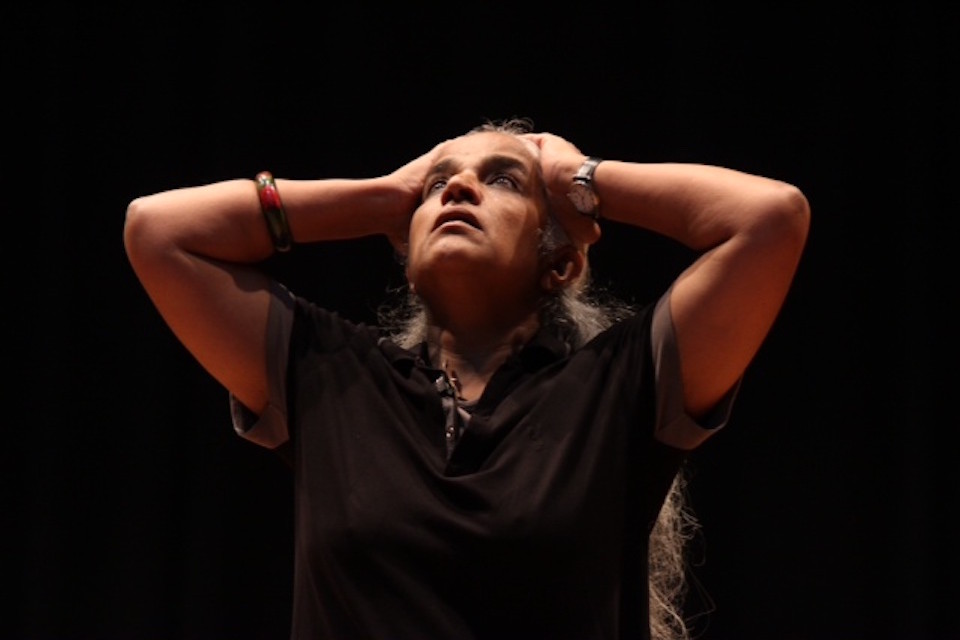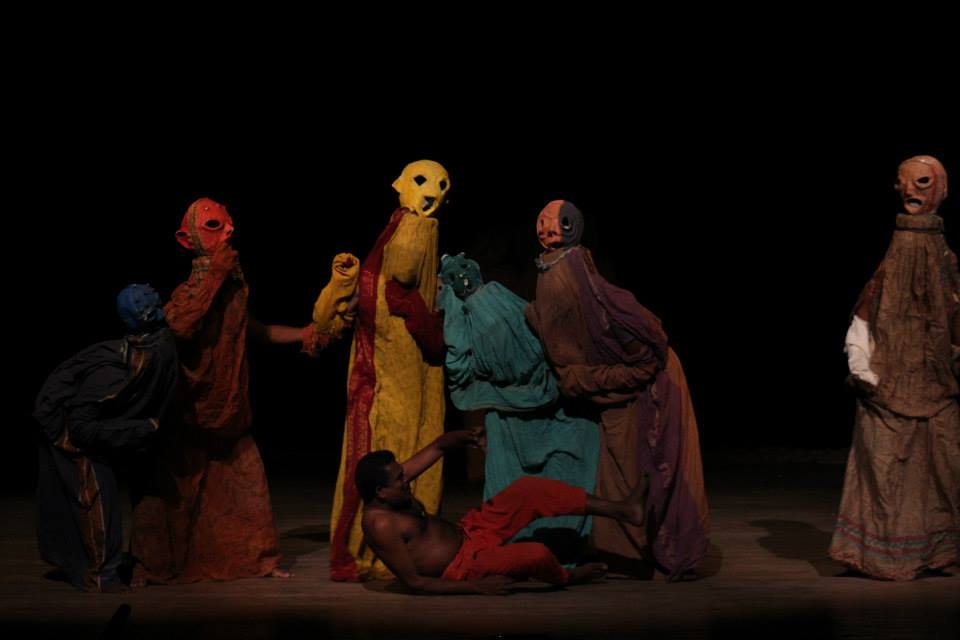Organized in collaboration with the Alternative Law Forum, the intent of the festival was to create a space for fearless speech and listening. Working closely with both community radio practitioners and independent artists, we have witnessed several instances of censorship, often through legal means. The performing arts have always been particularly susceptible to censorship, because of their ability to provoke, subvert, challenge, question and incite. Plays and performances have been banned, disrupted or censored before being performed and during performance, because they are perceived to be anti national, obscene or offend religious sentiments.
Our attempt was to look for instances and attempts of negotiation and slippage and elusion, where independent artists and media practitioners have countered censorship, bans and prohibitions. We curated a theatre festival, with practitioners from Delhi and Tamil Nadu, to present works that expanded the understanding of censorship- beyond just legal curtailment, to societal and cultural modalities that restrict freedom of expression. We invited protest musicians from Maharashtra who have been challenging state narratives through their songs. We also exhibited an audio piece ‘Emergency control room’ that examined censorship, discrimination and resistance across the media landscape.
Featured works
Sudalaiamma (Gravedigger) by Marappachi features a female graveyard worker who is determined to grant a decent burial to an ‘encountered’ young man’s body of a much loved political activist.
Koogaimaravaacigal (The Dwellers of Hunger Caves) by Manal Magudi Theatre Land uses myth and legends to raise fundamental questions around violence, custodial rapes, displacement, evictions, torture faced particularly by dalit and tribal communities.
Colours of Trans by Panmai Theatre uses cabaret scenes, monologues, stories and dances about the illicit bodies and unwritten life stories of transmen and transwomen.
Walk by Maya Rao is a response to the Delhi 2012 gang rape incident; a monologue directed at the notion of safe and unsafe public spaces.
Kabir Kala Manch sing songs of dissent to convey alternate versions of truth that are otherwise censored from mainstream media around the politics of caste, communalism and patriarchy.
Conversation with Tenzin Tsundue & Abhishek Majumdar on Tibet moderated by Lawrence Liang to provoke a dialogue on the role of poetry and prose as a lie detector of our times.
Emergency Control Room an audio installation produced by maraa focusing on the disturbances and distortions on censorship, discrimination and resistance in the media sector.
Museum of Interruptions, an visual exhibition on censorship curated by the Alternative Law Forum.
Illicit Bodies, a series of intimate encounters with law, of lawyers with trouble, of art makers with legality through performance curated by Suresh Kumar.









